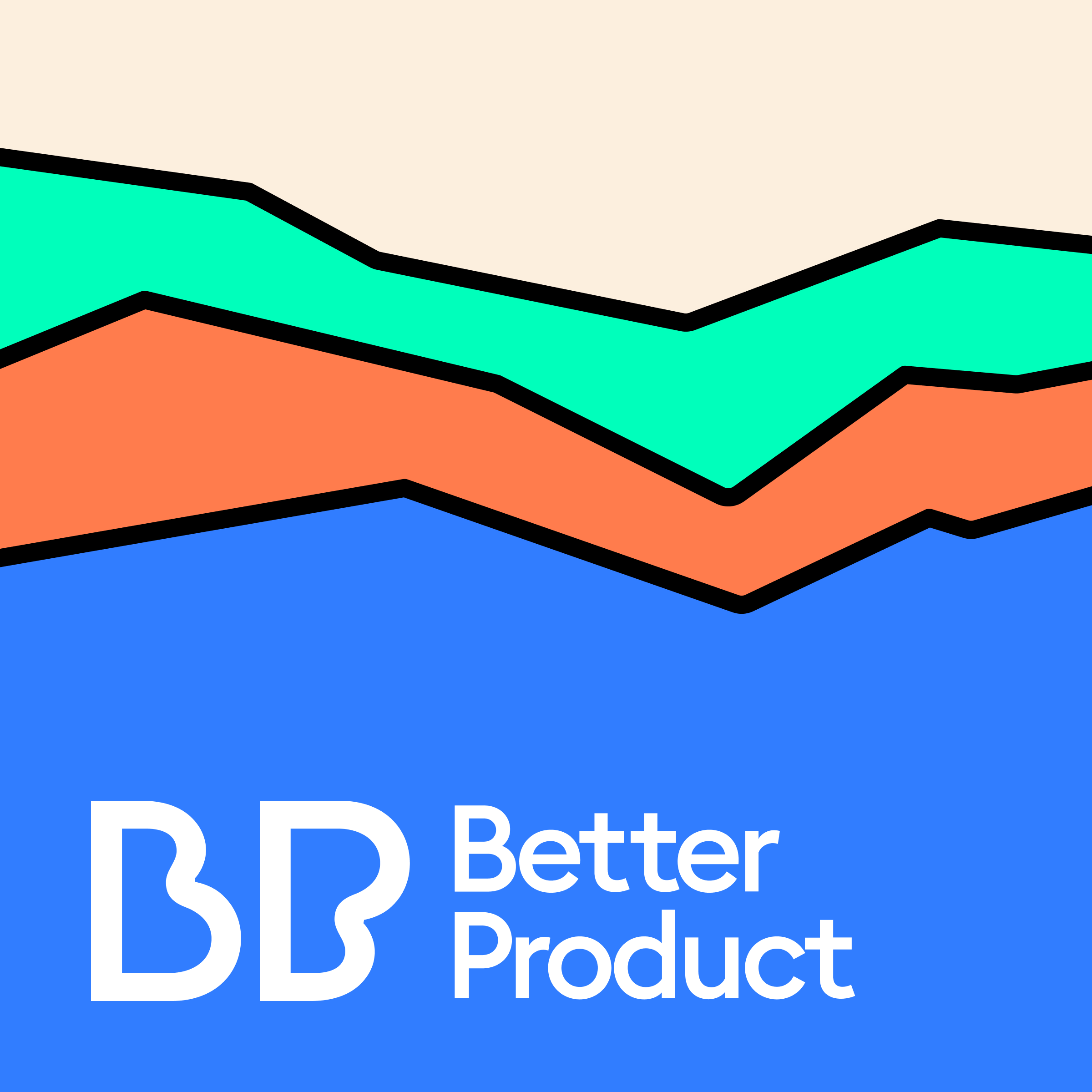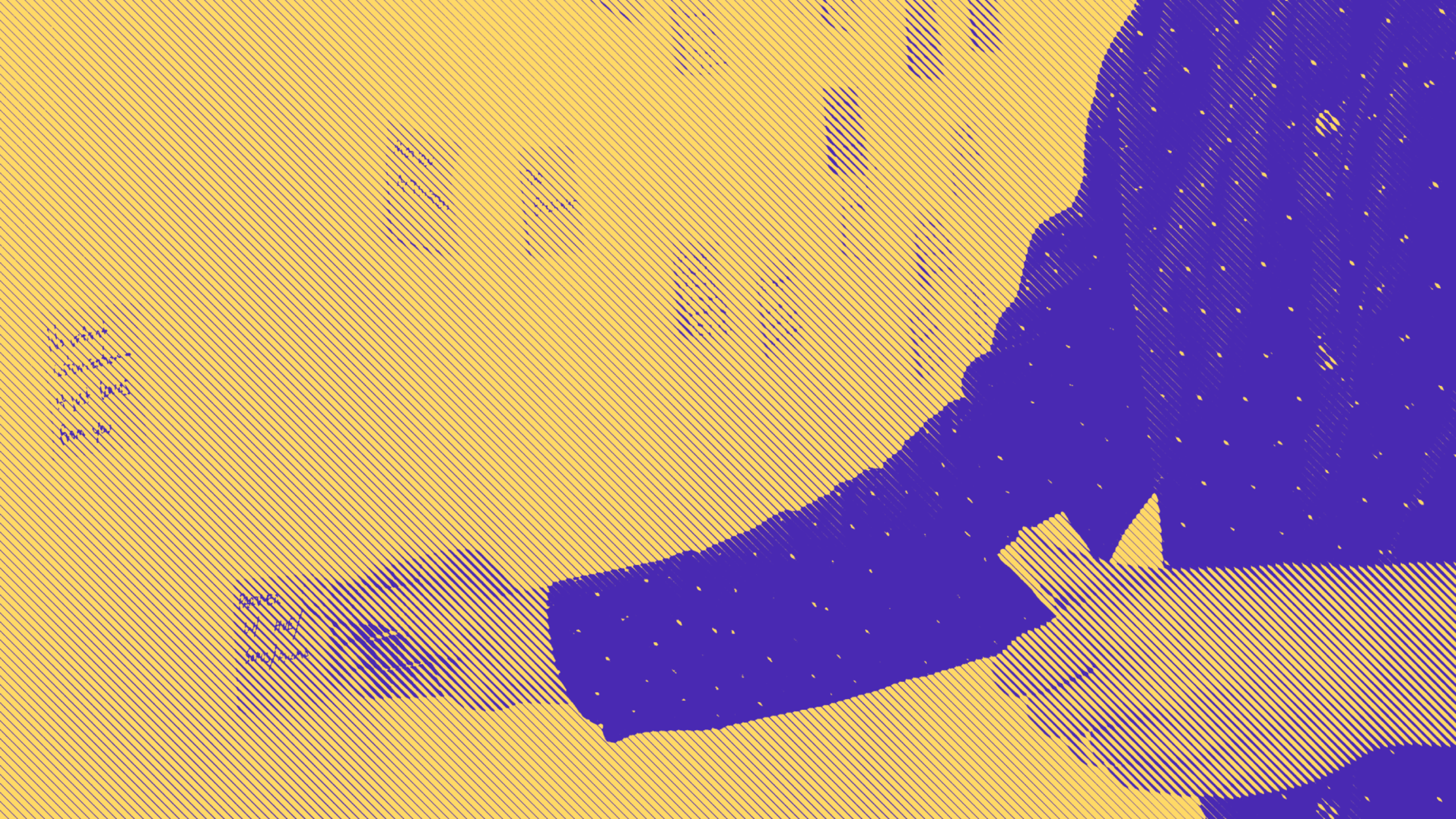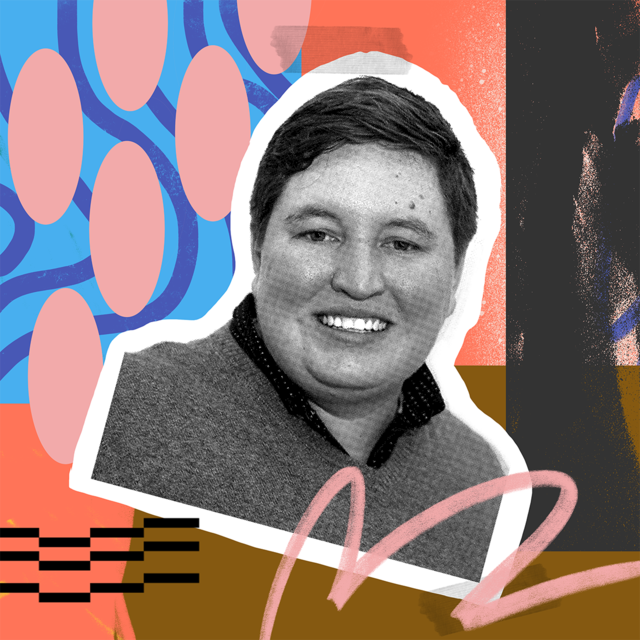
2021’s Shift To Opportunity-Focused Innovation

We saw a LOT happen in product in 2021. After digital products responded to the immediate problems of 2020, this year, we saw them innovate on unexplored opportunities, build communities, and in some cases, just have fun. Today’s episode brings us Meghan & Christian’s observations from the year, and their predictions about how current trends could continue to show up in 2022.
Want to add your own take? Write a note or record a voice memo, and send it to erica.irish@innovatemap.com to join the conversation.
Follow us on LinkedIn and Twitter to see the latest in Better Product, a show part of the Better Product Community powered by Innovatemap. The community is the connection point for product leaders & practitioners to learn and share what it takes to design, build, market, and sell better products. Learn more at betterproduct.community.
Takeaways:
- 2021 shows a shift to opportunity-oriented innovation in product.
- In 2022, we predict digital products will be more:
- Imaginative
- Representative of people’s full selves
- Community-focused
- Irreverent & fun
Things To Listen For:
- [3:20] Why 2021 was the “year of product opportunity”
- [4:00] Revisiting 2020 product trends to contextualize the last year
- [7:00] Exploring the problem-oriented innovations of 2021
- [7:30] Understanding what we mean by opportunity-focused innovation
- [9:00] Why we believe 2022 will introduce more imaginative products
- [11:45] Why 2022 products could become countercultural tools
- [15:45] Why we will see more digital products built around community
- [20:30] How digital products will have more fun in 2022



